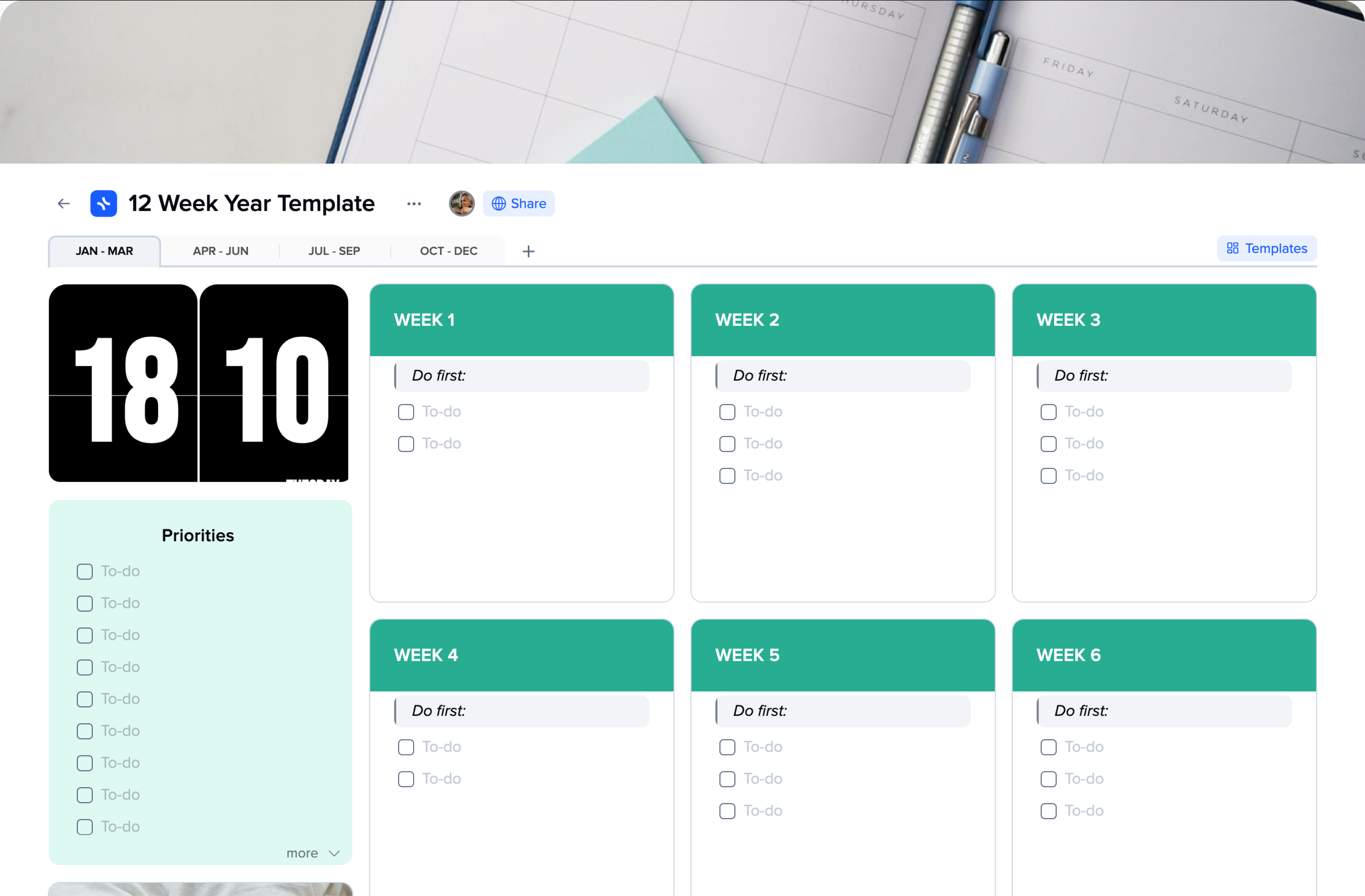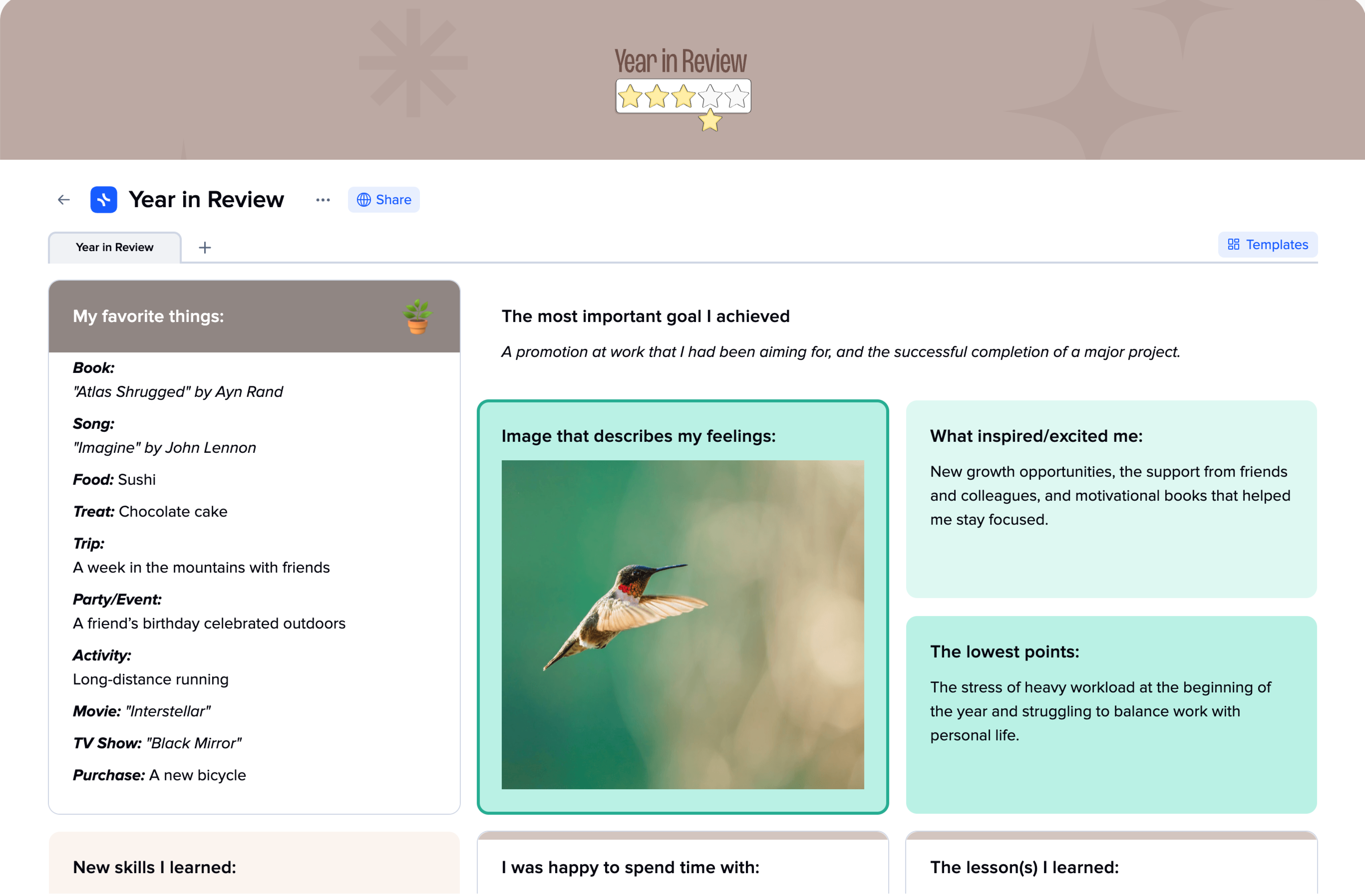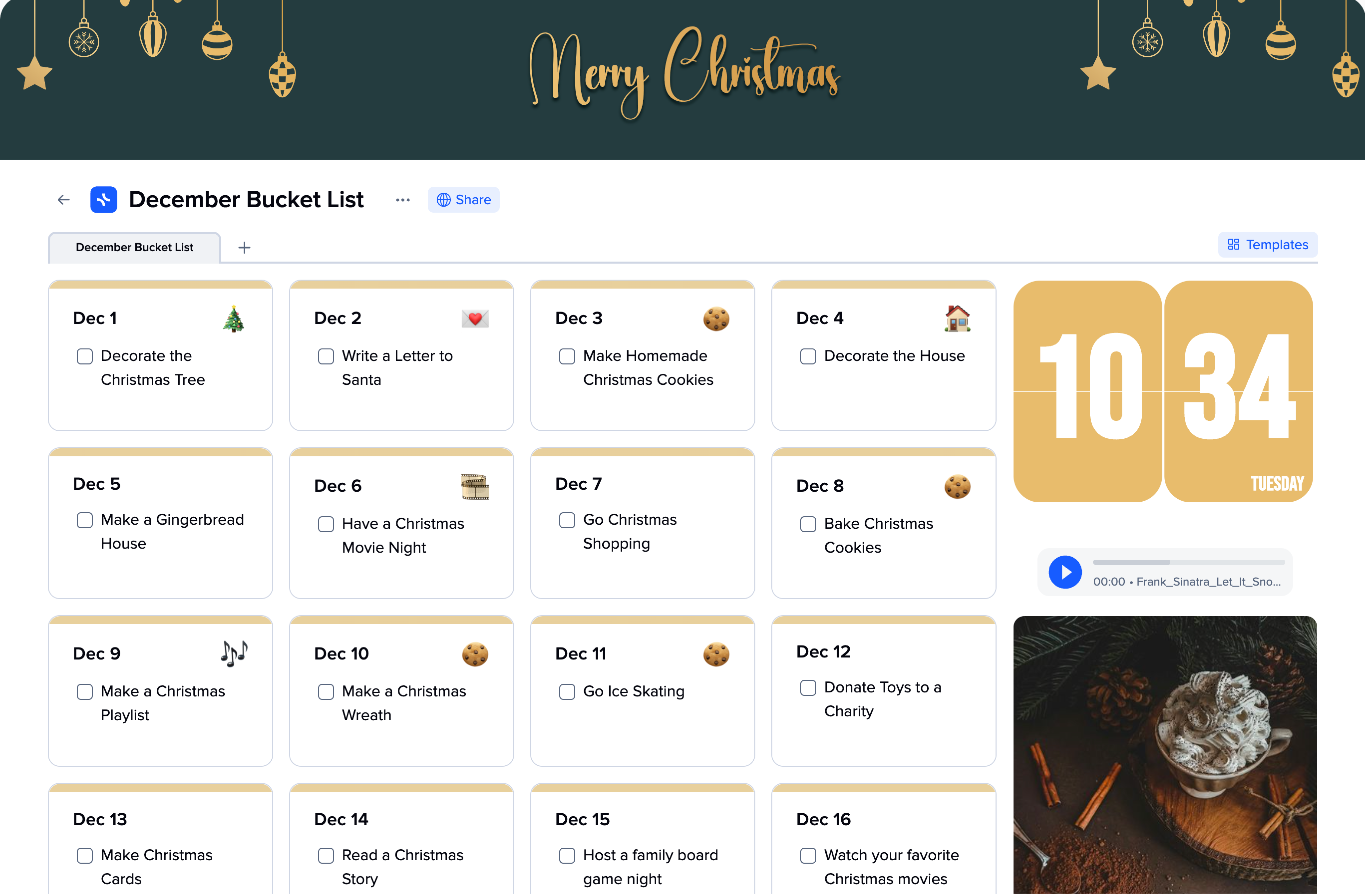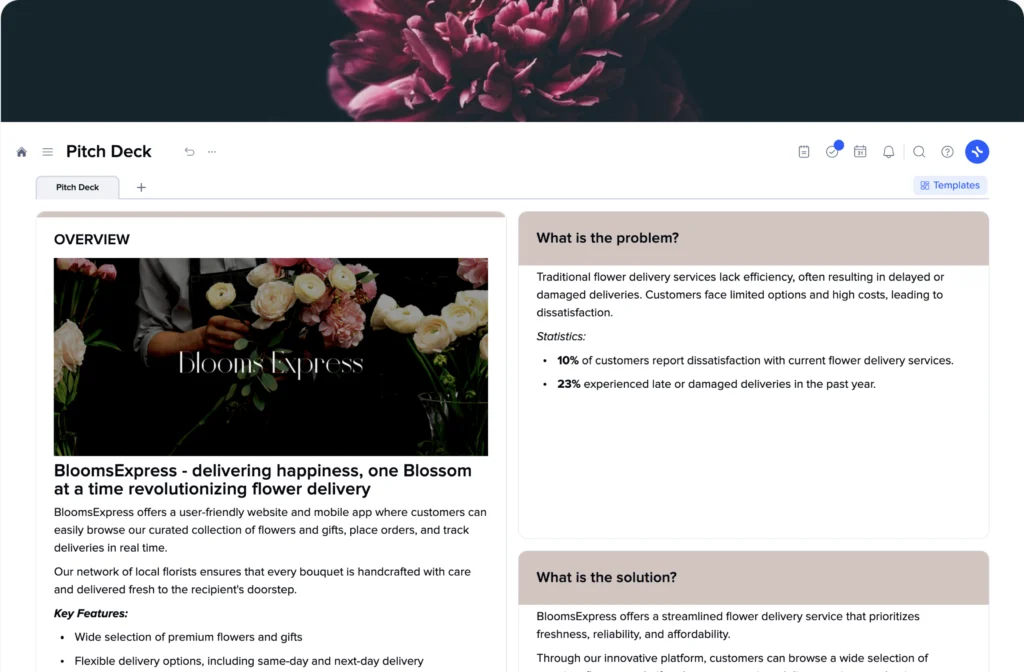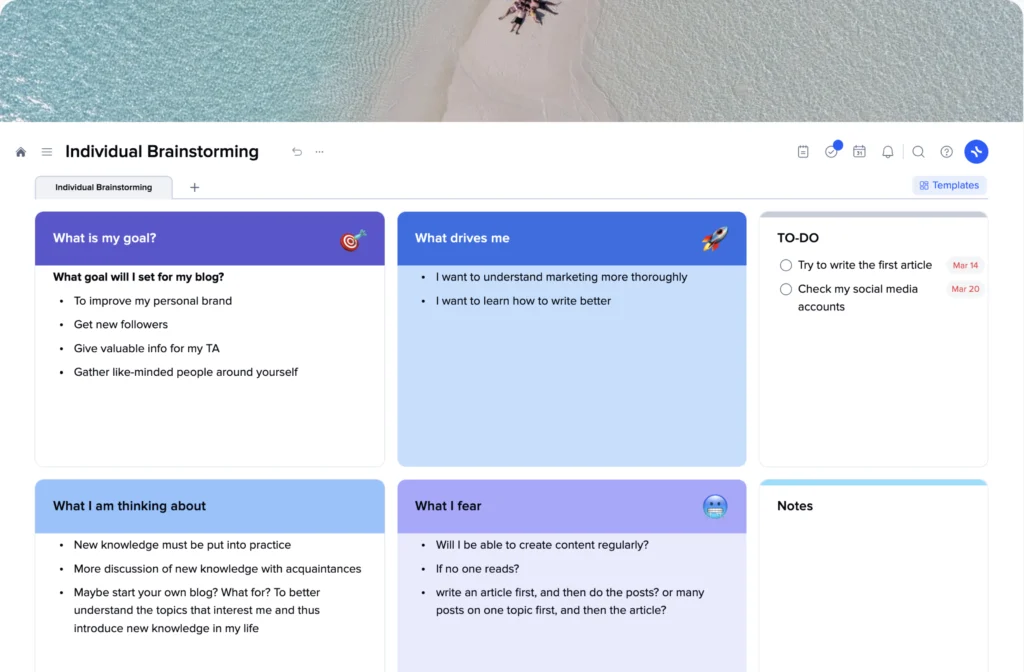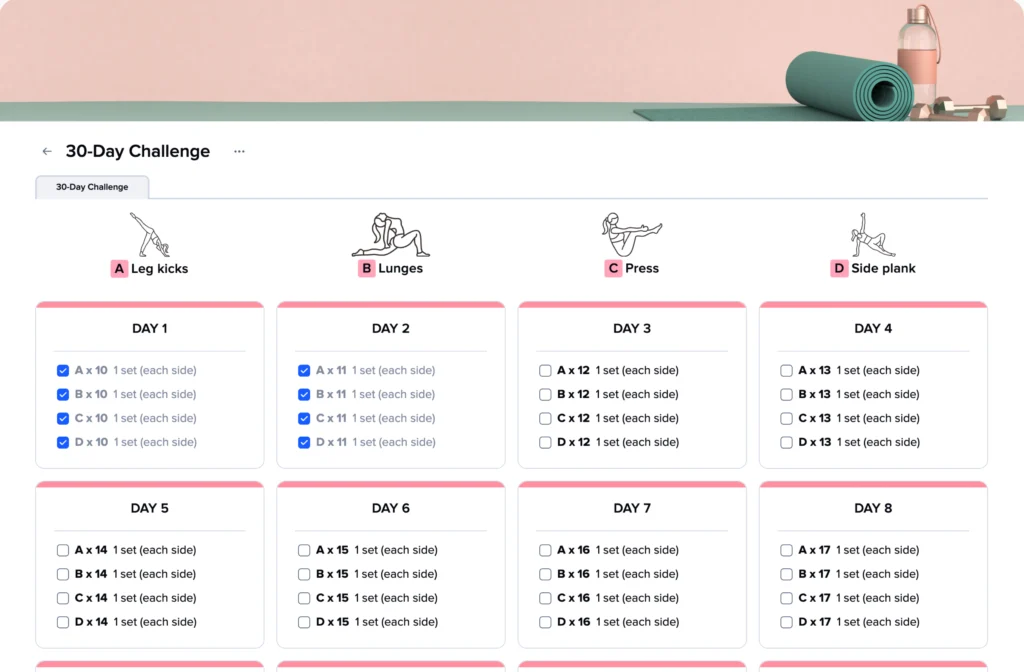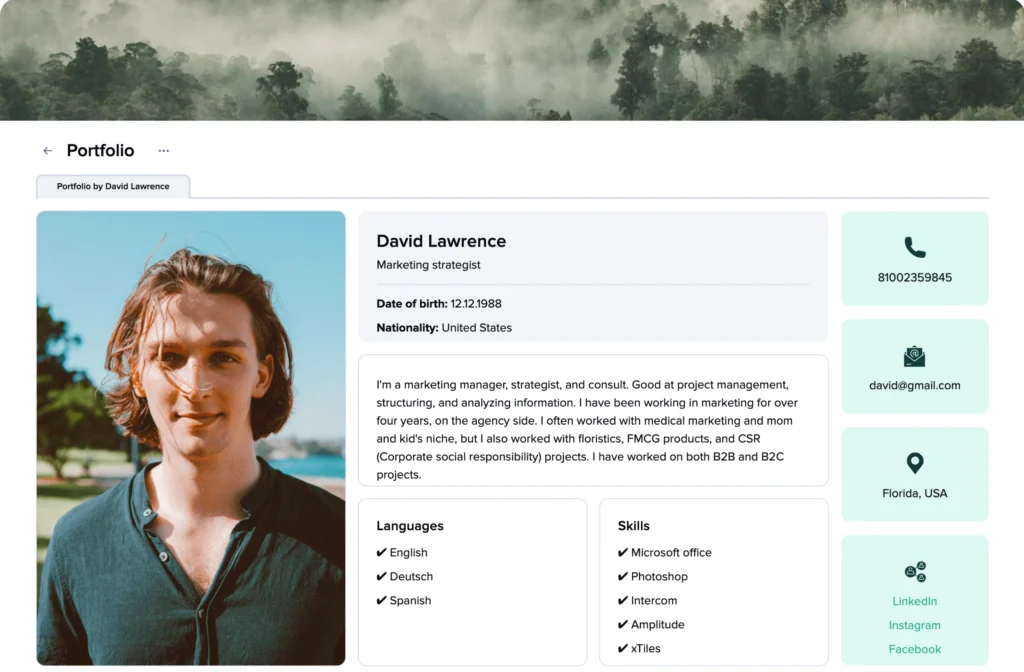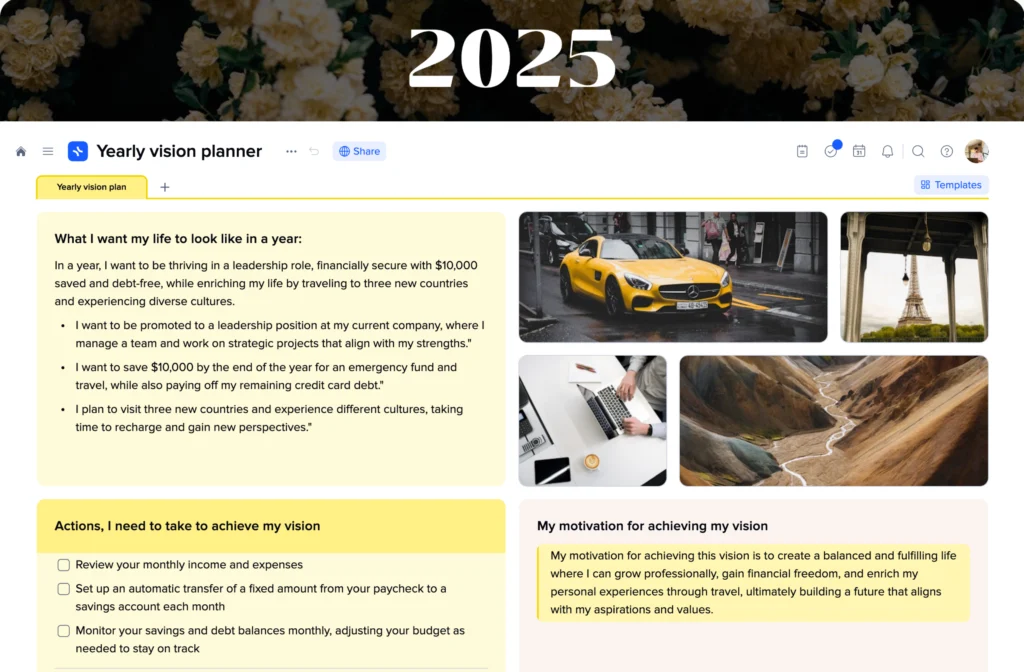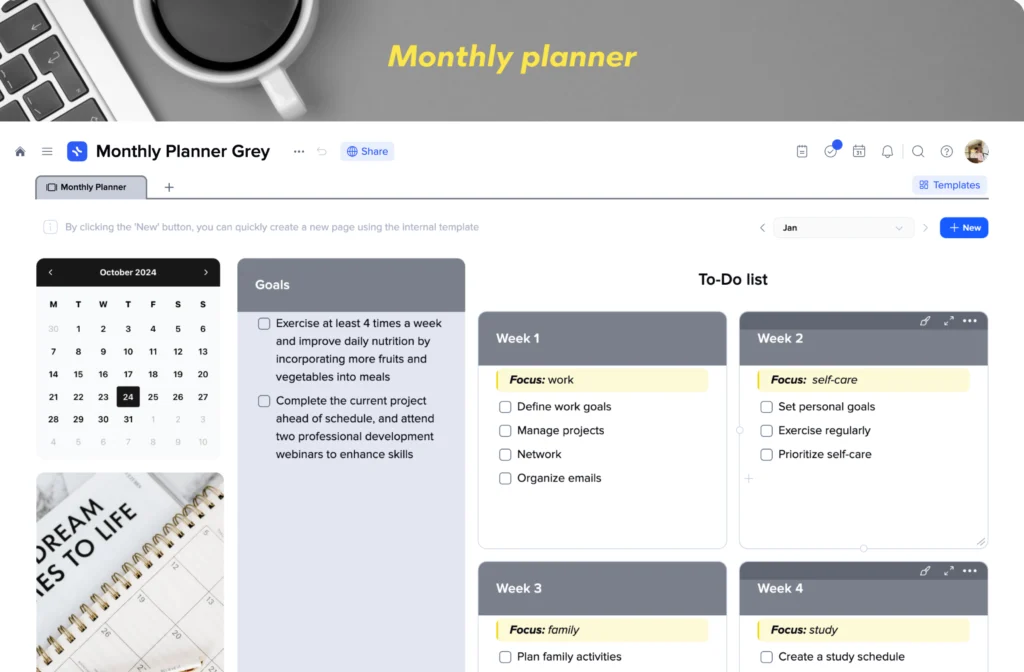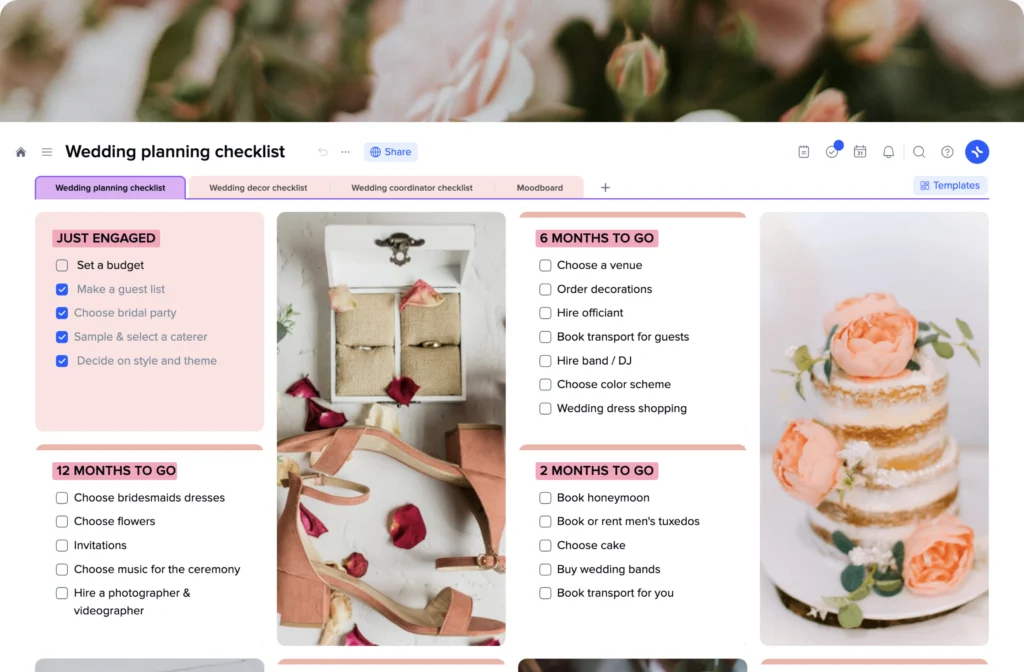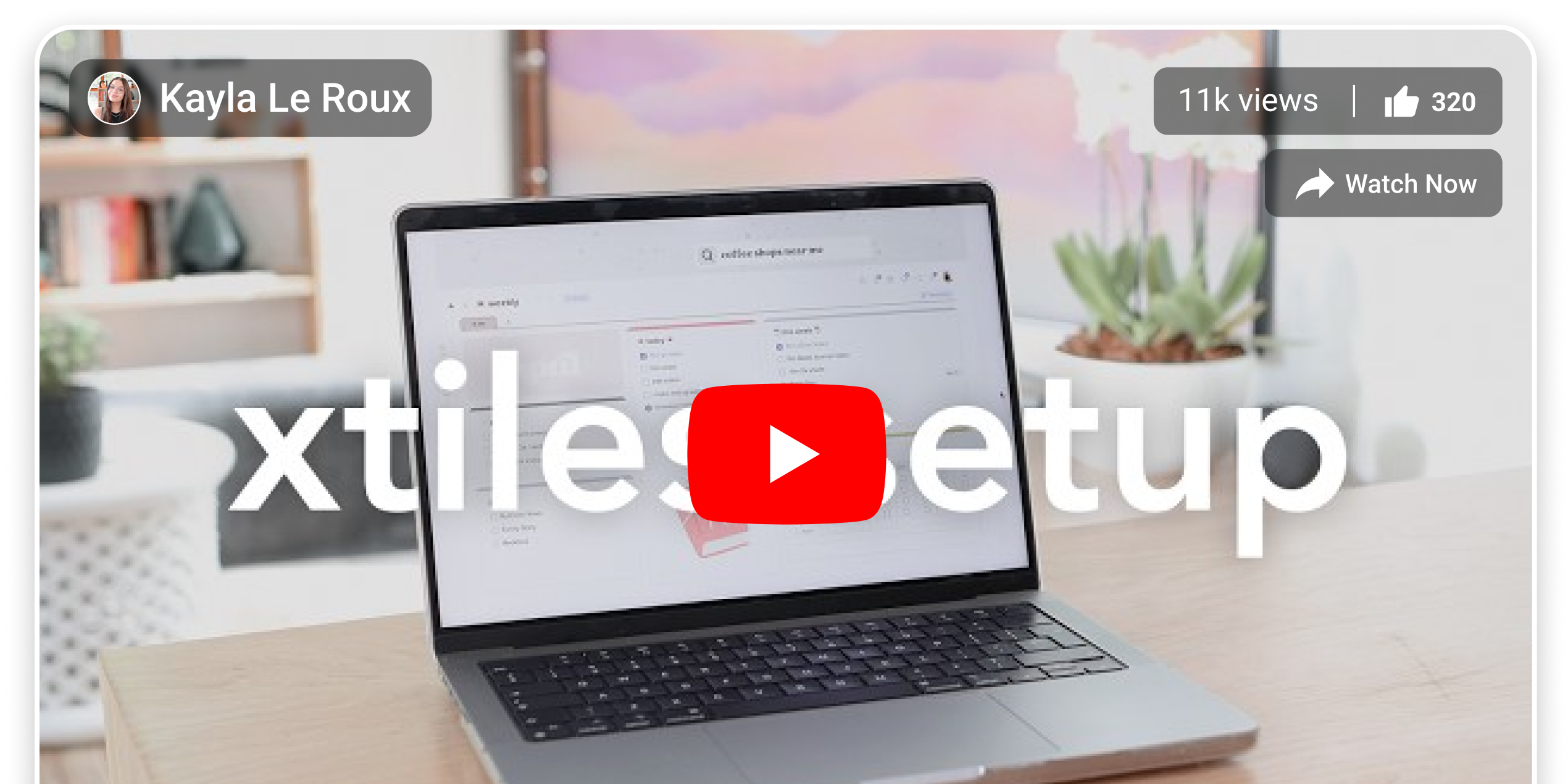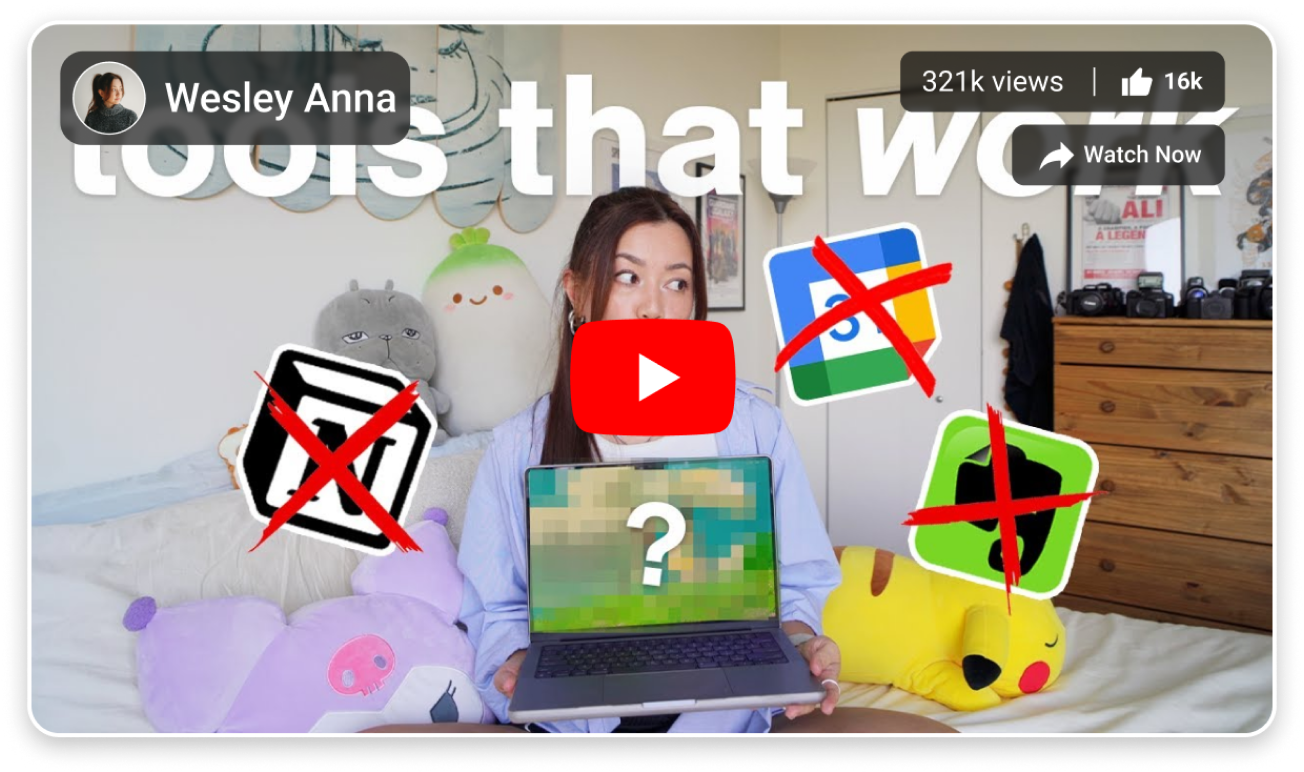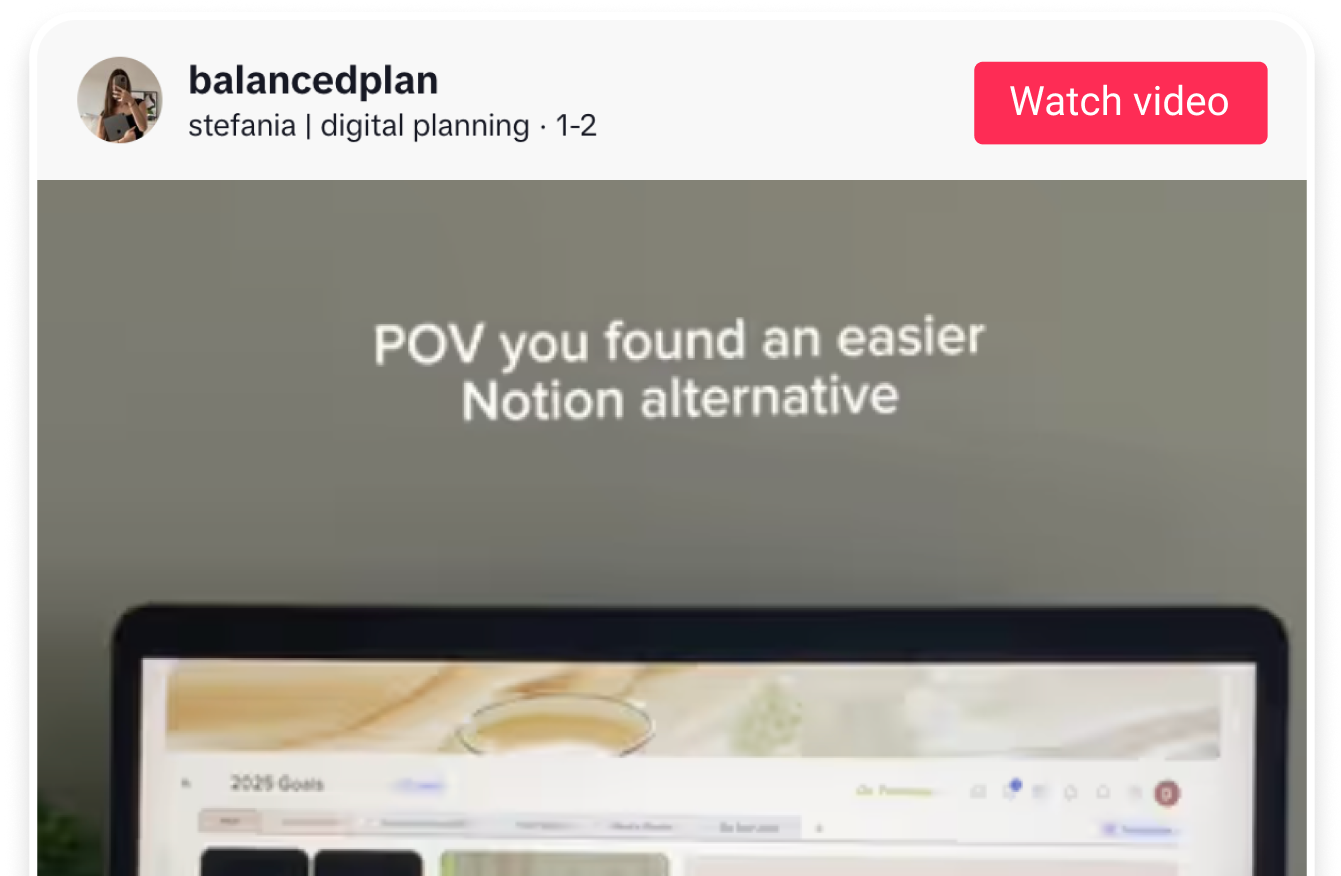Weekly Meal Planning Template
You have probably heard it a thousand times: we are what we eat. The rhythm of modern life sometimes breaks even the most natural things. We often eat hastily, the first thing we can grab, or while running. However, sometimes we combine all of this and turn it into a habit that might cause lots of harm to our physical and mental health.
To stand against many threats and temptations and not lose ourselves, we may need to use planning to put everything in its place. To have control over what we eat is no exception.
Meal planning is one of the keys to being healthy and productive, avoiding unnecessary purchases, and finding pleasure in what might have seemed like a torment for some – cooking.
The meal planning template is a shorter way to reach everything described above. Whether you’re a beginner or have been planning your meals for a while now, a template for meal planning may make the process easier and bring you fun.
In this article, we’ll discuss why meal planning helps you create good habits and change your attitude toward food. Also, we’ll look at how to use one to get the most out of it.
What is meal planning, and why is it so important?
Intentionally or not, we use meal planning daily. When you’re deciding what to cook for dinner, that is it. When you’re going out for lunch and dreaming about that croissant you’re about to eat, that’s meal planning too. However, that’s not the one that will help you stay healthy, avoid stress in choosing what you should eat, and save money on food.
Meal planning is one of the habits that requires consistency.
When you only start, it may seem complicated and unnecessary. After all, millions of people before us lived without detailed planning of what to eat during the week, so why would we need to do it? The answer is simple. We haven’t changed much physically and mentally during the last couple of thousands of years, but the style of our lives has changed immensely.
We’re lucky and cursed at the same time to have access to almost any food we would like to eat. The calories have never been so cheap. The amount of food that is thrown away regularly is shocking. By starting to plan our meals responsibly and regularly, we don’t only help ourselves and our personal budgets but also save the planet and its resources.
Saving the planet is a noble intention. However, what advantages meal planning offers for every person in particular?
- If you struggle with emotional eating, meal planning may help you control it.
- If you go to a fridge to look for something every time you’re bored, a meal plan may help you eliminate this habit.
- If you regularly indulge your sweet tooth, meal planning will help you avoid treats.
- If you can’t understand why the weight is not going away if you’ve already cut the number of calories you consume daily, then meal planning may be your solution to track everything down and see the real picture.
- If you see that the amount of food you and your family throw away regularly is horrendous, meal planning may help you buy only the necessary products and cut down your expenses.
- If it takes too much time to cook for yourself or your family, a meal plan may help you distribute your time wisely and save a couple of evenings for hobbies or other activities.



